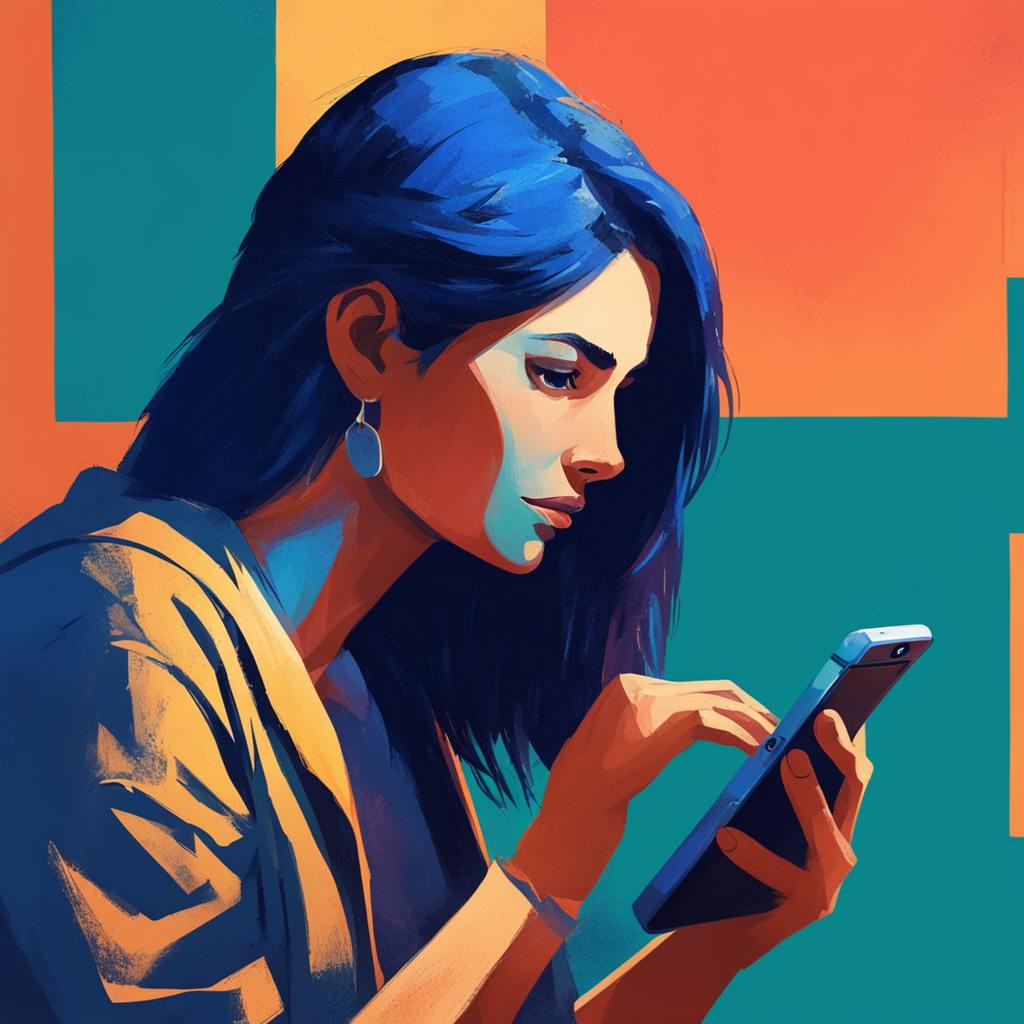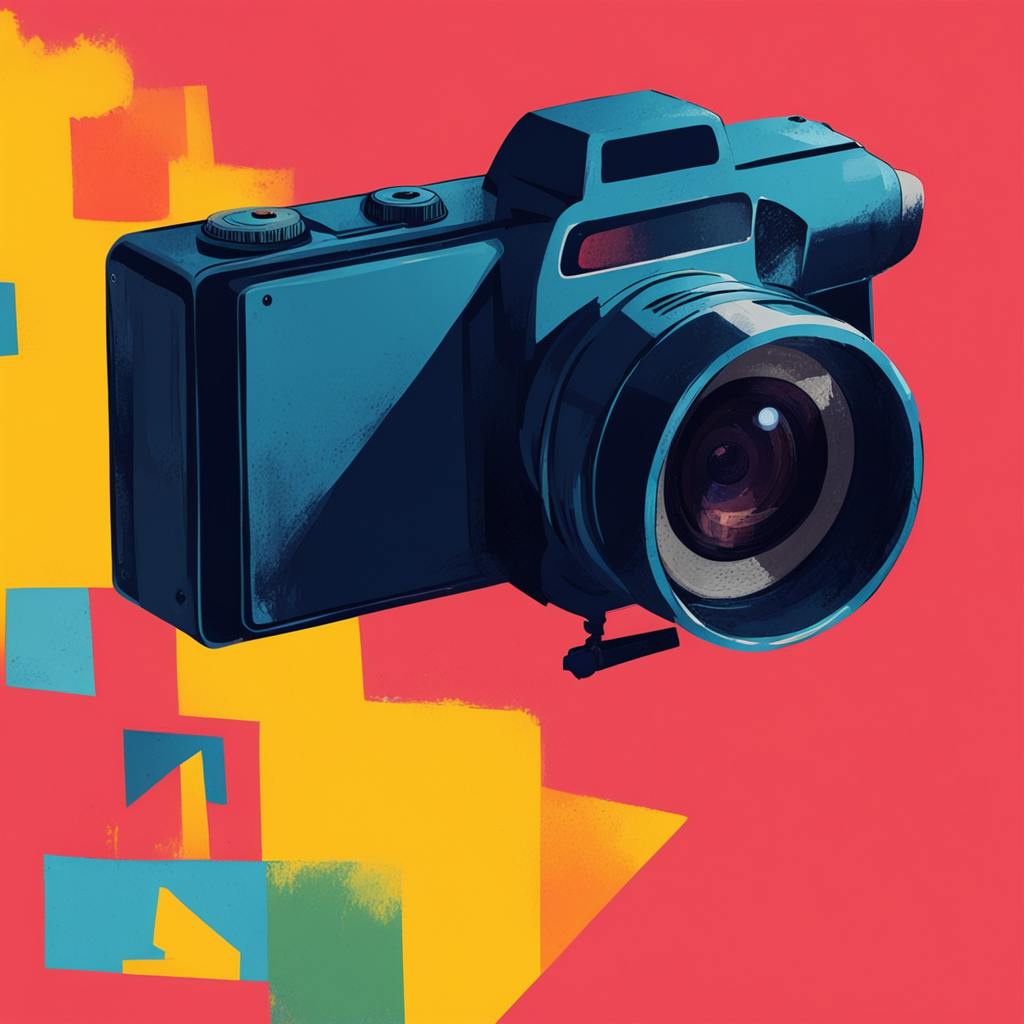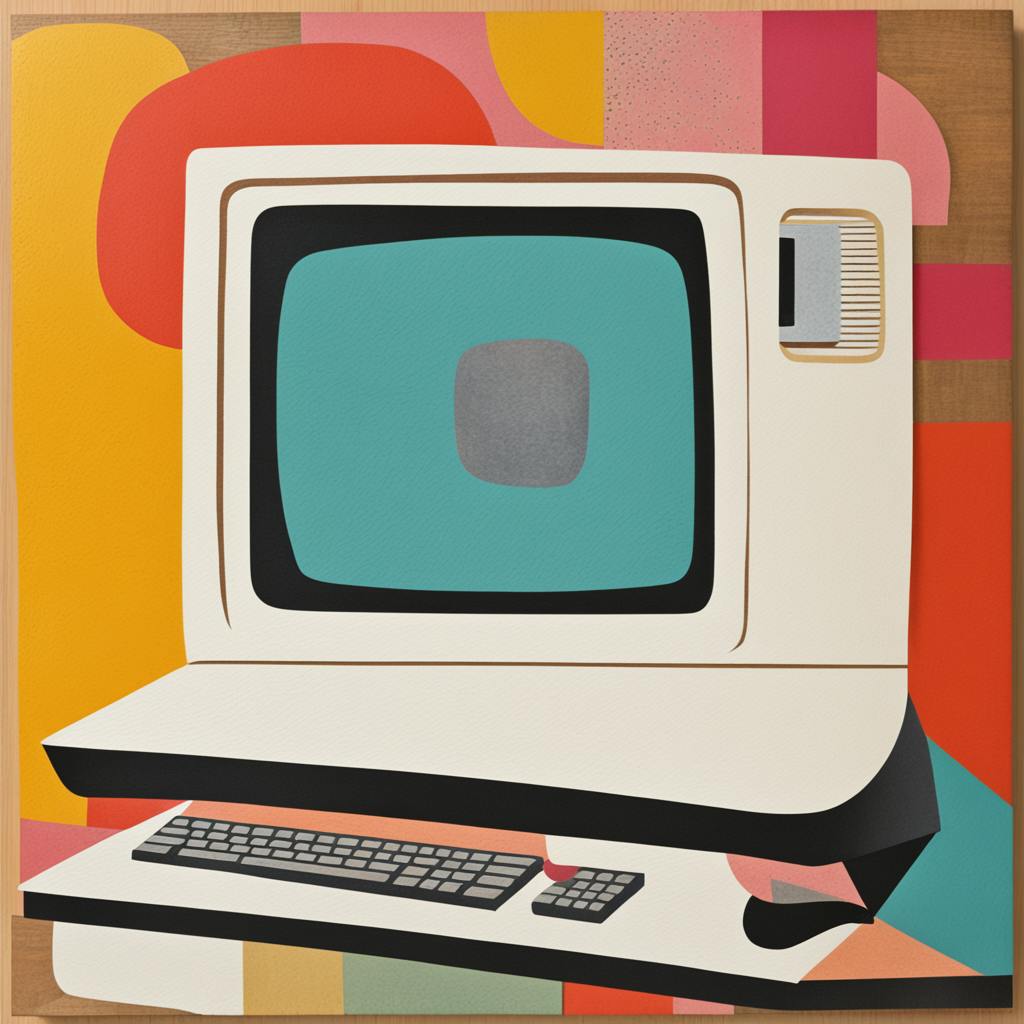In today's digital age, the role of the social content creator has become increasingly significant. These innovative individuals are reshaping marketing strategies and influencing cultural trends through their engaging and relatable content. Whether known as a social media creator or a video content creator, these professionals play a pivotal role in how brands communicate with their audiences across various platforms. This article delves into the impact of social content creators, the tools they use, and their broader influence on marketing and culture.
Who are Social Content Creators?
A social content creator is someone who crafts and disseminates content across social media platforms to engage, inform, and entertain audiences. They often specialize in specific types of content, such as videos, blogs, or social media updates, and utilize a variety of content creation tools for social media to enhance their output. These creators have a deep understanding of their audience and leverage this knowledge to build community and drive engagement.
The Impact on Marketing Strategies
- Authenticity and Engagement: One of the primary reasons social content creators are so influential is their authenticity. This genuine connection contrasts the often impersonal tone of traditional ads. A video content creator, for instance, shares their personal experiences and stories, which resonate more profoundly with audiences. This trust translates into higher engagement rates and customer loyalty for the brands they endorse.
- Micro-Targeting Capabilities: Social content creators can tap into niche communities, allowing brands to target specific demographics with pinpoint accuracy. For example, an Instagram influencer specializing in vegan cooking can provide targeted marketing for vegan food brands. This micro-targeting capability is a game-changer, allowing brands to allocate their advertising budgets more efficiently.
- Cost-Effective Promotion: Brands find that partnering with social media creators is often more cost-effective than traditional advertising channels. The ability to create impactful, shareable content without the high production costs associated with traditional media makes this an attractive option for businesses of all sizes.
Driving Cultural Change
- Trendsetters and Influencers: Social content creators are often at the forefront of cultural shifts. They influence fashion, language, and lifestyle trends, thus playing a significant role in shaping modern culture. When a popular YouTube influencer decides to spotlight sustainability, it brings environmental issues to the forefront, affecting how their vast audience thinks and acts.
- Democratization of Content: The rise of the social media creator has democratized content production and distribution. Anyone with a smartphone and internet access can share their story with the world. This inclusivity sparks diverse cultural conversations and empowers underrepresented voices.
- Real-Time Interaction and Feedback: Social content creators engage in real-time dialogues with their followers, facilitating immediate feedback and interaction. This dynamic exchange not only increases audience engagement but also fosters a sense of community and belonging among followers.

AI generated with Dean Jones
Frequently Asked Questions
What tools do social content creators use?
They use an array of content creation tools for social media, including video editing software like Adobe Premiere Pro, graphic design tools such as Canva, and analytics platforms like Hootsuite. These tools help creators produce high-quality content and analyze performance metrics.
How do brands choose the right social content creator for collaboration?
Brands typically look for creators whose audience demographics align with their target market. They also consider engagement rates, authenticity, and the creator's personal brand and values to ensure alignment with their marketing objectives.
What platforms are most popular among social content creators?
YouTube, Instagram, and TikTok are among the most popular platforms. Each offers unique features and audiences, allowing creators to diversify their content and reach.
Frequently Asked Questions About Social Content Creators
Who are Social Content Creators?
Social content creators are individuals or groups who produce and share content across social media platforms such as Instagram, YouTube, TikTok, Facebook, and Twitter. Unlike traditional content creators, their primary focus is on engaging with their audience through personal, relatable, and authentic content. These creators often have expertise or passion in specific niches such as beauty, fitness, travel, technology, and lifestyle, among others. They use various forms of media, including videos, blog posts, images, and podcasts, to communicate and connect with their followers.
How Are They Redefining Marketing Strategies?
Social content creators are revolutionizing marketing strategies by:
- Authenticity and Relatability: They prioritize authentic interactions over polished advertisements. This approach resonates more effectively with audiences, making promotional content appear genuine rather than forced.
- Influencer Marketing: Brands collaborate with social content creators to leverage their influence over a dedicated and engaged audience. This form of marketing has shown higher engagement rates and conversions compared to traditional advertising.
- User-Generated Content (UGC): Creators often encourage their followers to produce and share content, creating a cycle of engagement and brand advocacy that feels organic and community-driven.
- Niche Targeting: Creators are often experts in specific areas, allowing brands to target niche markets more precisely, leading to a higher relevance of campaigns.
- Platform-Specific Strategies: They understand the intricacies of different platforms and tailor content to maximize engagement, thus ensuring more effective use of marketing budgets.
In what way are social content creators driving cultural change?
Social content creators are at the forefront of driving cultural change in several significant ways:
- Diverse Representation: By bringing diverse narratives to the forefront, they help break stereotypes and provide representation for underrepresented groups. This shift is opening up conversations around inclusivity and diversity.
- Social Movements: Many creators use their platforms to advocate for social issues such as mental health, environmental conservation, gender equality, and racial justice. Their reach and influence can mobilize followers to support these causes.
- Changing Consumption Patterns: Creators are shifting how people consume content by prioritizing experience over materialism. This change is impacting consumer behavior and lifestyle choices.
- New Trends and Norms: They are trendsetters who introduce new fashion, beauty, travel, and lifestyle trends that quickly catch on and spread across the globe, redefining popular culture.
- Education and Awareness: Creators contribute to educational content, making knowledge more accessible and engaging. This role is particularly important amid rising misinformation, as they often act as credible sources of information.

AI generated with Dean Jones
Can you provide examples of how social content creators have contributed to cultural change?
Certainly! Here are a few noteworthy examples:
- BlackLivesMatter Movement: Social content creators played a pivotal role in spreading awareness and mobilizing people worldwide during the Black Lives Matter movement. Their content helped educate followers on issues of racial inequality and contributed to the global conversation on racial justice.
- Sustainable Fashion: Influencers like Aja Barber and Venetia La Manna are championing sustainable fashion by highlighting unethical practices in the fashion industry and promoting eco-friendly brands. Their work has significantly influenced consumer attitudes towards fast fashion and environmental responsibility.
- Mental Health Awareness: Creators such as Hank Green and Kati Morton use their platforms to discuss mental health openly, breaking the stigma and encouraging followers to seek help. Their content has made significant strides in normalizing mental health conversations.
- Body Positivity and Acceptance: Influencers like Ashley Graham and Jessamyn Stanley advocate for body positivity and challenge conventional beauty standards through their content. They have inspired millions to embrace and celebrate their bodies, contributing to a broader acceptance of diverse body types.
- Political Engagement: During the 2020 US elections, creators like Sarah Cooper used humor and satire to engage audiences politically, encouraging voter registration and participation. This kind of content has proven effective in making political engagement more accessible and appealing to younger demographics.
In summary, social content creators are not just a trend; they are a transformative force in marketing and cultural landscapes. They redefine marketing strategies by bringing authenticity, enhancing target precision, and offering cost-effective promotional methods. Furthermore, they drive cultural change by setting trends, democratizing content, and fostering real-time interaction. As the social content creator continues to evolve, their role in shaping the future of both marketing and culture will only become more pronounced.
By understanding and leveraging the power of social content creators, brands can not only enhance their marketing efforts but also contribute meaningfully to cultural conversations and movements.

